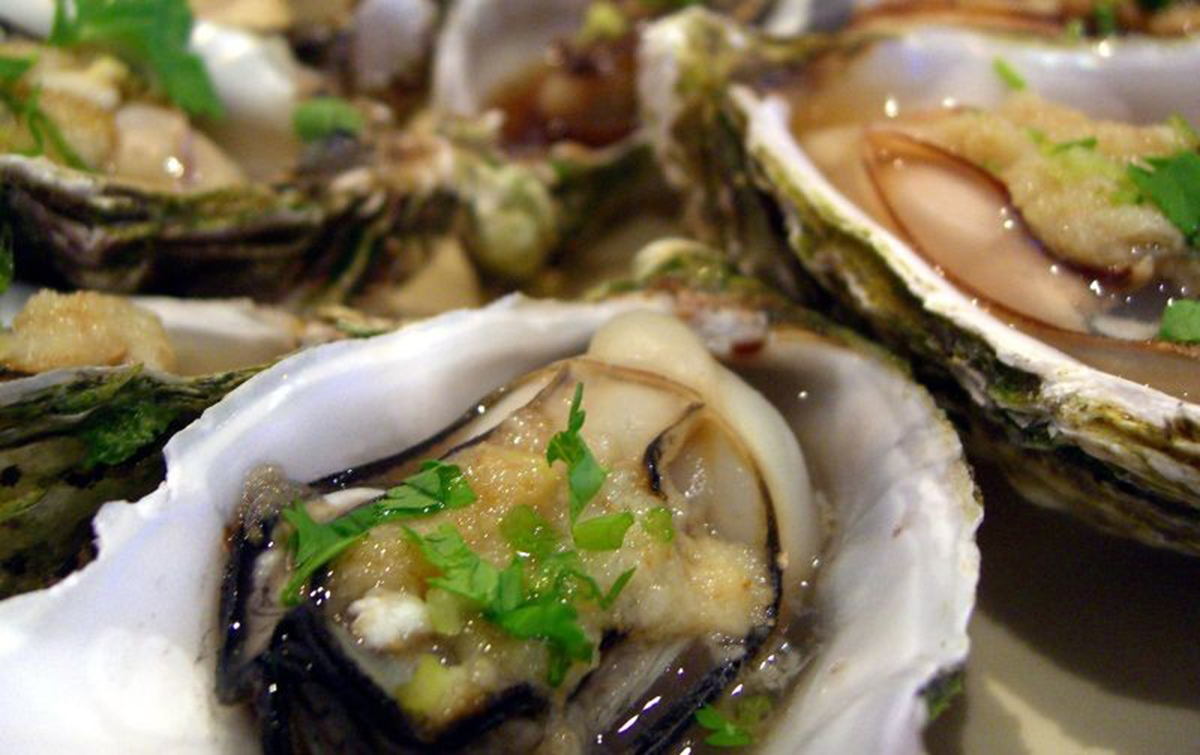Our immune systems provide protection from the daily onslaught of allergens, bacteria, viruses and other microorganisms that threaten our health and wellbeing. For some of use winter represents a time of lowered immunity and increased susceptibility to foreign invasions from these threats. Without proper reserves, we will have a reduced ability to fight off infections, leading to more allergies and greater prevalence of things likes colds and flu. A healthy diet and lifestyle goes a long way in protecting and nourishing the immune system by providing much needed vitamins and antioxidants and also by helping to build the immune system cells that are needed to quell foreign invaders.

Here is a breakdown of what to add and what to avoid for a strong immune system and a healthy winter season.
What To Add To Your Diet
Protein. Our immune system cells, called immunoglobulins, are manufactured from amino acids, the building blocks of protein. Organic and grass fed meat and poultry are the preferred source of you eat meat. Eggs, organic dairy, fish, soya and legumes are good protein sources. Choosing omega-3 rich fish like salmon, sardines, mackerel and pilchards gives an added immune boosting effect since omega=3 fatty acids can help quell inflammation.
Good Fats. Essential fatty acids like the above mentioned omega-3s and also omega 9 fatty acids found in nuts, seeds, avocados and raw olive oil have immune boosting potential, especially when they replace bad fats in the diet.
Fruit and Vegetables. Getting your 5 a day can go a long way in protecting your immunity. These foods contain vitamins, minerals and antioxidants needed for immune protection. The most important fruit and vegetable groups for immune system boosting. Include:
Cruciferous Vegetables. Researchers have found that substances in cruciferous vegetables (broccoli, cauliflower, cabbage and brussel sprouts) can help immune cells in the gut and skin, the body’s first line of defence, function better.
Vitamin C rich foods. Vitamin C is a powerful immune system enhancer and has applications in preventing and treating colds and flu. Good sources include citrus fruits, red peppers, berries, guavas and green vegetables.
Orange fruits and vegetables.Orange hued fruits and vegetables like carrots, butternut, pumpkin, sweet potato, papaya and mango contain an immune boosting substance called beta-carotene, which also gives them their characteristic orange colour.
Mushrooms. Mushrooms, especially as shitake other Asian varieties, are noted for their immune-enhancing abilities. Medicinal mushrooms like reishi and maitake are not used as often in food dishes but can be used medicinally to boost immunity and help cure a host of conditions.
See Also: How To Get Through The Winter Without Becoming Ill
Yogurt. Natural yogurt contains probiotoc cultures that help boost the immune system at the levels of the digestive system. Probiotics help to reinstate a healthy bacterial flora in the gut, especially when there is an overgrowth of bad bacteria or fungi or when probiotics are lowered after antibiotic therapy.
More Immune System Boosters, Foods To Avoid, Diet Tips And Meal Plans
Oysters. Oysters are the richest source of the immune system protectant mineral, zinc. They are also a good source of protein and the antioxidant selenium.
Garlic. The antioxidant in garlic, called allicin, fights infection and bacteria directly. As an added bonus garlic also lowers cholesterol and plays a role in the prevention of certain cancers.

Turmeric. The spice turmeric is a very powerful anti-inflammatory, even when compared to some drugs. This mild spice can be added to almost every dish.
What To Take Out From Your Diet
These include:
Sugar. Sugar literally coats our blood cells. When white blood cells, our main line of defence, are exposed to high levels of sugar in the bloodstream, they have a decreased ability to engulf bacteria. The digestive system and the bacterial flora also become aggravated by high sugar intakes. Refined carbohydrates, like white breads and baked goods, act very similar to sugar in the body and should also be avoided and replaced with wholegrains.
Cooked Fats. Fats that have been overheated create free radicals that disrupt cell membranes and DNA and have a negative effect on a wide range of conditions such as aging, cancer, inflammation and viral infections. Common sources of these bad fats and oils potato chips, baked goods, and fried foods. Hydrogenated vegetable oils (also called trans-fats), including shortenings and most margarines, should also be avoided.
Food Allergens.This avoidance does not apply to everyone, but for people who suffer from allergic condition, like asthma. sinusitis, skin rashes and digestive complaints would benefit from avoiding allergens that they might be specifically sensitive to.
Individuals that experience any of the above symptoms could get tested for food allergies or should experiment with eliminating certain foods from their diets to observe changes.
Immune Boosting Diet Tips
- Make salads or vegetables the basic of most meals and full your plate up at least half with plant foods
- Add a variety of veggies into stews and soups
- Make fruit smoothies for breakfast and eat fruits in-between meals as a snack
- Drink fresh veggie and fruit juice to boost your intake
- Snack on nuts and seeds or add a couple of tablespoons of crushed nuts and seeds to breakfast cereals
- Eat a source of protein at every meal
- Choose whole grain products instead of white bread, white rice and pasta at meals
- Allow yourself the occasional sugary treat of you must and keep added sugar intake below 4 teaspoons per day.
Immune Boosting Meal Plan Example
Breakfast
1 cup wholegrain raw muesli made with rolled oats, nuts and seeds + 1 cup plain natural yogurt + ½ papaya
Snack
Handful almonds and 1 orange
Lunch
Large raw salad with grated cabbage and carrot and 100g salmon with olive oil dressing and 1 slice wholegrain seeded bread topped with avocado pear.
See Also: Boost your Immune System Naturally and with Nutrition
Snack
1 glass of fruit and veggie mixed juice (carrot, beetroot, apple and celery)
Dinner
150g grilled grass-fed beef steak with wilted spinach and steamed broccoli served with 1 cup cooked brown rice and lentils.
- Photo courtesy of Damien Gadal via Flickr: www.flickr.com/photos/23024164@N06/8347550111
- Photo courtesy of Alpha by Flickr : www.flickr.com/photos/avlxyz/313854298


Your thoughts on this